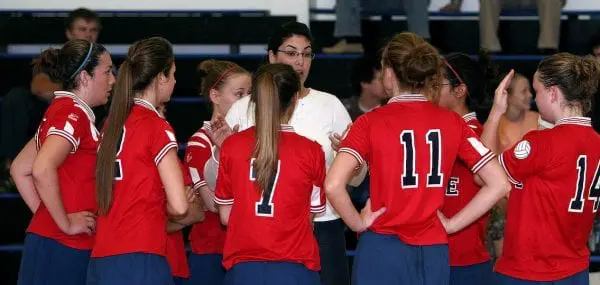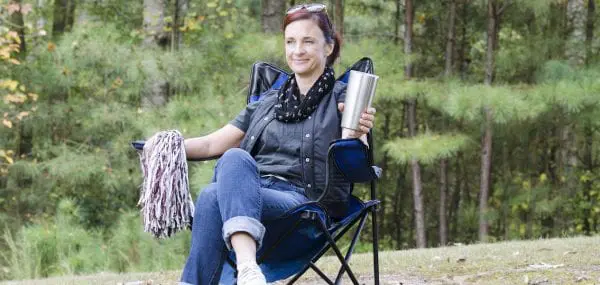Dear Your Teen:
My daughter is in 9th grade and plays high school volleyball. Her coaches see great potential. They are suggesting extra training like summer sports camp plus additional one-on-one training. Most of her teammates attend volleyball camp. My daughter is resistant, saying she will work hard during the season but does not want to do off-season training. My husband and I feel she’s missing a great opportunity and that with sports today, kids need to train year round. How hard do we push her? We don’t want to put too much pressure on her, but we also don’t want her to regret not following through on a great opportunity.

EXPERT | Dr. Robert Block
During the early years of high school, most adolescents are still developing the area of their brain that by age 24 will mature into an area controlling planning, perception of cause and effect, decision-making based on consideration of alternatives, and other high level thinking. Consequently, parents should consider offering advice based on their teen’s experience and reason.
You cannot force a young teen into any imposed but unwanted decision without creating overt or covert anger and resentment. Summer sports camp might be fun if the majority of her team will be attending, but could be intimidating. Check out the camp’s staff carefully. Individual training may help develop the one in a thousand or so teen athletes who will become stars, but comes at a great emotional and social price.
I recommend helping your daughter have a conversation with her coach. Afterwards, start a conversation with a college volleyball player who can help her balance the pros and cons of this higher level of preparation. (A local college team might make a player available to talk with your daughter’s team, if not with just her).
If she chooses not to pursue extra training, I think it best to honor her decision.

It’s tough parenting from an adult perspective when our teens can’t foresee the future as we can remember the past, but help her understand her options and the possible positive or negative consequences. Then respect her decision and support her choice.




